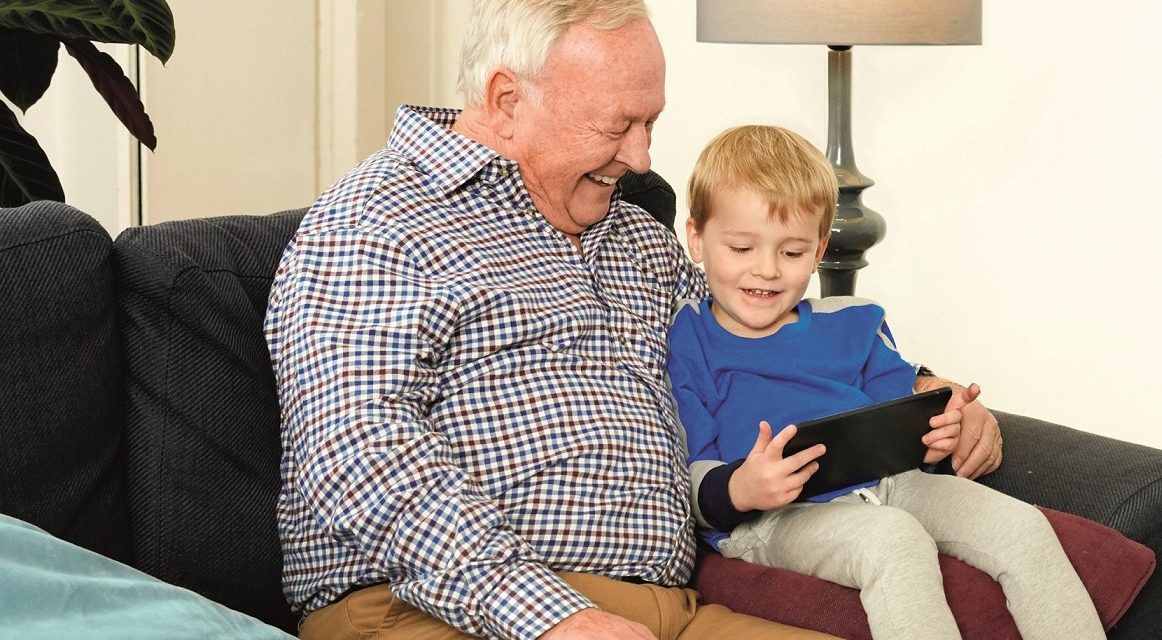BT has launched a new social tariff for low income families, as new research has found nearly a third of adults in the West Midlands need financial help.
Exclusive to those on Universal Credit and a range of other means-tested benefits1, the Home Essentials package offers fibre broadband and calls for £15 a month, saving customers £2402 a year compared to an equivalent package. It is available now for customers to buy online at www.bt.com/home-essentials.
To mark the launch, BT has conducted new research to highlight the importance of connectivity. Around one in three people in the West Midlands (32%) feel more financially vulnerable compared to the start of the pandemic and research shows that 76% of all adults in the region say they would struggle to improve their financial situation or job prospects without a home connection.
The research also reveals that more than half of people in the West Midlands (58%) feel generally more vulnerable compared to the start of the pandemic in at least one of the following areas: mental health, physical health, financial circumstances and employment prospects.
In response to the growing number of people who have found their life circumstances change over the past 18 months, BT is providing all of its 12,000 customer service colleagues with extra training to better identify those who require assistance and help keep them connected, as part of its Here For You campaign (www.bt.com/help/here-for-you).
Here for You brings together BT’s wide range of products and services for those who need extra help in one easy-to-navigate place and includes a series of videos that seek to explain the support BT offers. Here For You also includes information about the latest accessibility options and priority services for customers with long-term illnesses or disabilities, advice for dealing with scams and the newly launched Home Essentials social tariff.
Nearly a quarter (23%) of adults in the West Midlands say unexpected life changes during the pandemic means they now need additional support. However, the research also shows that 21% are not comfortable sharing their problems with others, with nearly three in five respondents (58%) citing embarrassment as the main barrier to open discussion.
This mindset could be impacting the support that some customers receive, as nearly half (44%) of those surveyed unlikely to tell their mobile or broadband provider they may be struggling and need help managing their account. However, more than a third (35%) of adults did also say they would feel more comfortable asking for help from their supplier if they knew that specific support was in place.
Marc Allera, CEO of BT’s Consumer Division, said, “BT’s purpose of Connecting for Good is at the heart of all we do, and a huge part of that is going above and beyond to support people who need it most. That’s why we’re launching BT Home Essentials, our low-cost fibre package that will now include all customers on Universal Credit, to provide a potential 4.6 million families across the UK with half-price fibre broadband and calls.
“BT Home Essentials will be available at half the price of our standard fibre package because fast, reliable connectivity to access vital online services – and keep in touch with loved ones – is more important than ever. It is a big step towards creating the connected, digitally inclusive UK we all want to see.
“We’re also working hard to train all 12,000 of our contact centre colleagues so they can better support customers who might need a little more help.”
Andy Street, the Mayor of the West Midlands, said, “We know the pandemic has hit the West Midlands extremely hard, and left many out of work or fearing for their future. That is why I have set out my 100k jobs plan, looking to use training and some of our big growth sectors to get people back into work ASAP.
“But the private sector also has a part to play, and it is encouraging to see companies like BT looking to do their bit to support those who have fallen on hard times.”
Honey Langcaster-James, Social and Behavioural Psychologist, said, “Clearly, the pandemic has led to millions of people feeling more vulnerable – perhaps as a result of losing a loved one, or more commonly the stress and anxiety of financial insecurity. However, BT’s research also suggests that there is a perceived stigma that stops people from asking for help, which is where specific training for BT’s colleagues can be so valuable.
“People often feel under pressure to try to struggle on by themselves without seeking help. This is usually because of worries about what others might think and a general misconception that people are weak if they ask for support. Connectivity has become so essential, it’s important that service providers do more to acknowledge the specific needs of all their customers. The steps BT is taking are really important in order to encourage more people to ask for the support they really need.”
For more information visit www.bt.com/help/here-for-you.


















